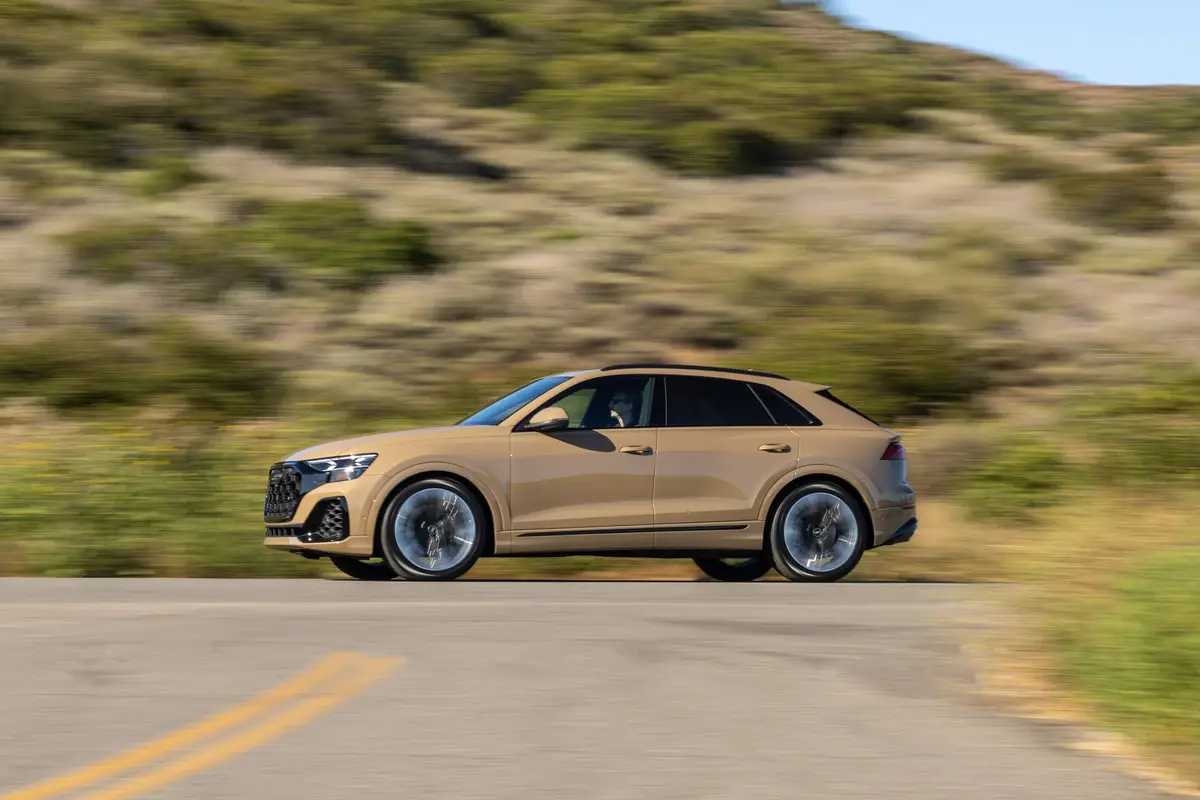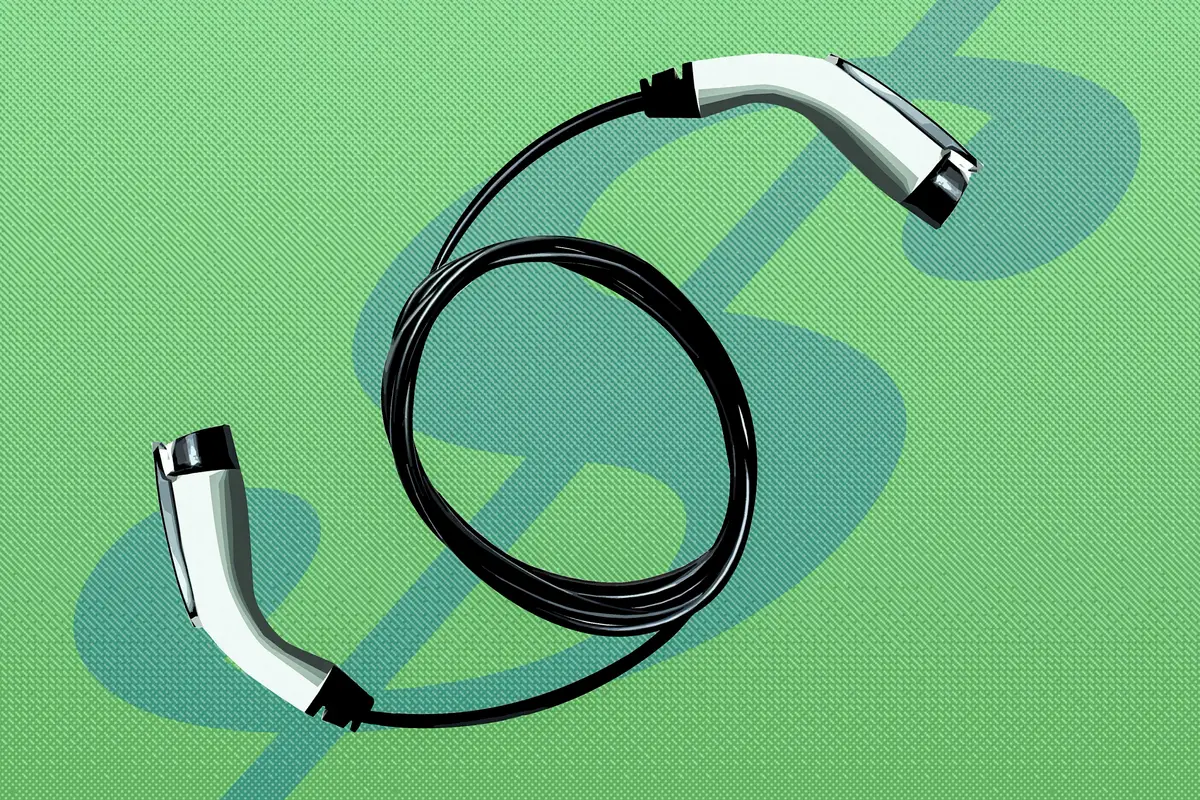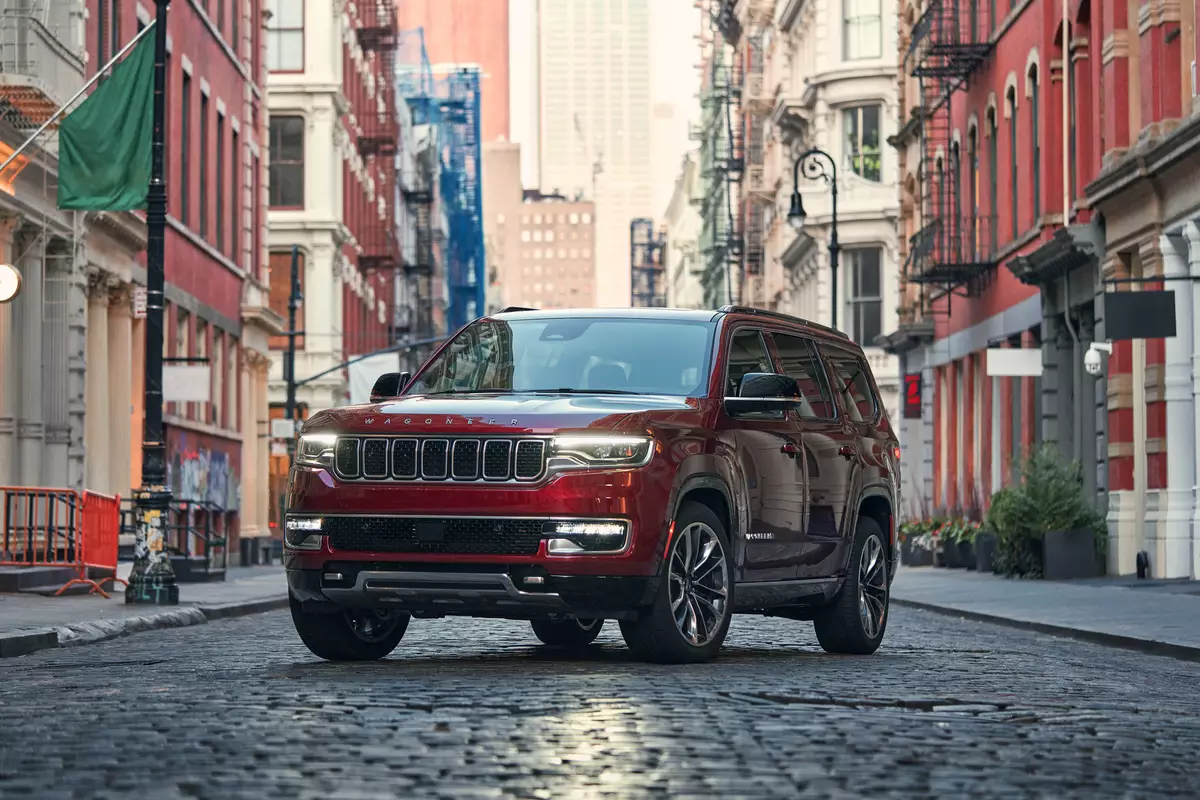chicagotribune.com's view
If you need help naming your kid, don’t call on Toyota.
Toyota’s newest bundle of joy has been dubbed Yaris, which sounds more like the name of great grandpa or great grandma, not an automobile.
Yaris is a small, low-priced, high-mileage mini whose 34 m.p.g. city and 39 m.p.g. highway rating gives consumers a viable alternative to gas/electrics.
Though 34/39 falls short of the 60 m.p.g. city/51 m.p.g. highway rating in the Toyota Prius hybrid, what it lacks in mileage it makes up for in price.
With a base of $12,550, Yaris is about $9,000 cheaper than a Prius, which starts at $21,725.
Even at $3 a gallon, $9,000 will buy a lot of gas.
So rather than wait in line for a hybrid and pay a hefty price when your name is called, some folks see a vehicle that gets better than 30 m.p.g. in city and highway driving as a valid alternative.
Yaris is more than just an alternative to a hybrid. It also is an alternative to the current South Korean minis or one of those Chinese-built cars expected to land on U.S. shores within a couple of years.
It should be noted also that Yaris isn’t Toyota’s first mini. It previously offered the Echo, which was built on a 7-inch shorter wheelbase and was 5 inches shorter overall than Yaris.
But Echo was an example of the right vehicle at the wrong time. Mileage (33/39) was equal to that of Yaris and its base price ($10,500) was even lower. But Echo was dropped after the 2004 model year. It never generated a following because gas prices never got high enough to panic buyers into checking one out.
Yaris is in the right place at the right time. But before you rush out with checkbook in hand, that low price and high mileage mean making some sacrifices.
One is the 1.5-liter, 106-horsepower 4-cylinder engine teamed with a 4-speed automatic. It responds to pedal pressure with a groan, needs a running start to get up steep inclines and doesn’t dart out into the passing lane with much authority.
To maneuver up and down hills, the automatic transmission comes with shift logic to keep it from shifting frequently. But even that doesn’t help the less than muscular 4 cylinder perform more vigorously.
And the suspension doesn’t cushion every imperfection in the road or take sharp turns or tight corners without leaning unless you first back off the accelerator.
Standard tires are 14-inch, all-season radials. A narrow-profile, 15-inch, all-season radial is part of the optional power package. Neither, however, is meant for pinpoint handling.
Though Yaris replaces Echo, it keeps one feature that should have been dropped when Echo was. The instrument stack is in the top center of the dash rather than its more conventional–and easier to see–place directly in front of the driver.
We tested the 2007 Yaris sedan (a smaller, two-door hatchback is also offered) and dials and gauges in the center of the dash are as welcome as putting the steering wheel there would be.
Another Yaris novelty is flip-open cupholders in both outboard corners of the dash directly in the path of the hot/cold air vents to warm your coffee or cool your pop.
The mini Yaris is 8 inches shorter than a Corolla, the step-up car. Though you have decent leg and head room front and back for the short commute to work, long-distance travel is a challenge.
The seats don’t offer a lot of cushion or support. On an 800-mile round trip, the back, butt and legs ached, which caused a lot of fidgeting while looking for rest stops.
Trunk space is adequate for a couple large suitcases, but after that it comes down to filling nooks and crannies with small accessory holders.
Rear-seat backs fold for more cargo room, but even when lowered they stand several inches higher than the cargo floor.
Being mini in size as well as weight (2,300 pounds) means Yaris doesn’t react well to crosswinds or large semis passing by. It often got abruptly nudged sideways and required two hands on the wheel at all times.
With a base price of $12,550, the sedan certainly talks to those on limited budgets.
But the base price is kept low by making priority items options. If the sticker goes up, in other words, it’s your fault for wanting the options.
You have to learn to do without such essentials as power windows, door locks and mirrors and anti-lock brakes unless you come up with the $2,175 for the optional power package.
And it takes another $650 to get side-curtain air bags, which are proven to save lives.
So it really takes $15,200 and change for a well-equipped car.
Neither power seats nor power sunroof are offered, but a plus is that the navigation system is the folding map you bring along.
If, because Yaris is a Toyota, you expect a roomy and comfortable cabin, pleasant ride and handling and a boat load of standard amenities like in the top-selling Camry, you’ll be disappointed.
Yaris is basic transportation. Get you there and back without consuming a lot of fuel–at any price. Just be ready to travel near or at the back of the pack, not up front.
Yaris is lower-priced than another new Japanese mini, the Honda Fit — $12,550 to $13,850.
But Fit offers ABS; side-curtain air bags; power windows, mirrors and door locks; air conditioning; rear window washer/wiper/defroster; and AM/FM/CD audio system with MP3 capability as standard.
Air conditioning also is standard on Yaris, along with a host of so-what items, such as color-keyed bumpers, door handles and mirrors; tilt steering column; intermittent wipers; digital clock; tinted glass; and dual sunvisors with vanity mirrors.
Other than being a foot longer (169.3 inches versus 157.4 inches), Yaris has similar power to the 1.5-liter, 109-h.p. 5 in Fit, comparable mileage (34/39 versus 33/38) and that econocar ride and handling.
This is the size small cars were in the 1970s, when 20 m.p.g. was considered high mileage, $2,000 was considered low price and $2 bought a couple days, not a couple hours, worth of gas.
Toyota expects to sell 77,000 Yaris minis annually while Honda is targeting 55,000 annual Fit sales. Gas prices will dictate how close they come. A third mini, the Versa from Nissan, joins the fray in July.
2007 Toyota Yaris sedan
Price as tested: $15,675*
Wheelbase: 100.4 inches
Length: 169.3 inches
Engine: 1.5-liter, 106-h.p. 4
Transmission: 4-speed automatic
Fuel economy:
CITY 34 m.p.g.
HWY 39 m.p.g.
THE STICKER
$12,550 Base
$2,175 power package with ABS, power door locks, power windows, power mirrors, AM/FM/CD player with MP3 playback capability, cruise control, split/fold down rear seat, rear defroster and 15-inch alloy wheels
$650 Side air bags upfront and side-curtain bag front and reat
$230 Remote keyless entry
$70 Weather-guard package with heavy-duty heater, rear-heater duct, heavy-duty starter
*Add $580 for freight.
PLUSES
– Low-priced, high-mileage alternative to a premium-priced hybrid.
MINUSES
– Lacks comfort for long distance travel.
– Tossed by wind gusts.
– Low base price but you have to add $2,175 package to get power comforts.
Read Jim Mateja Sunday in Transportation and Wednesday and Friday in Business. Hear him on WBBM Newsradio 780 at 6:22 p.m. Wednesdays and 11:22 a.m. Sundays.
jmateja@tribune.com
Latest news



